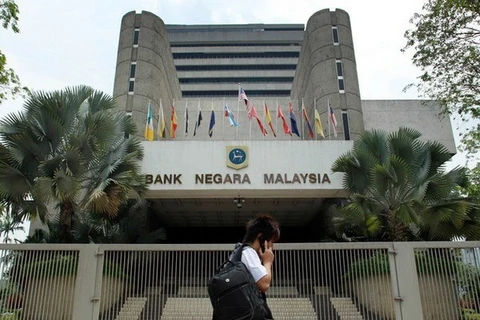Kuala Lumpur (VNA) – In spite of a decrease in official income inequality, the absolute earnings between Malaysia’s top 20 percent and their countrymen has nearly doubled compared with that of two decades ago, The Star newspaper reported.
This is the result of a new study by Khazanah Research Institute (KRI) released on October 15. The study recommended policymakers need to think beyond the Gini coefficient - which represents the relative difference in earnings - and include measures to address the absolute earnings gap.
The state-funded think tank pointed out that in 2016, households with income below 2,000 RM (481 USD) per month spent 94.8 percent of their incomes on consumption while families earning above 15,000 RM (3,610 USD) monthly spent only 45 percent of their incomes on consumption.
For households earning below 2,000 RM, the income remaining after accounting for inflation was only 76 RM in 2016, down from 124 RM in 2014, the report said, adding that this left them vulnerable to sudden financial shocks.
Although the Malaysian government has repeatedly boasted of eradicating hardcore poverty, relative poverty - defined as earning less than 60 percent of the middle income - has increased by more than 50 percent to three million households since 1995. This means 40 percent of the country's 7.5 million households are relatively poor.
Malaysia's annual per capita income has been averaged at nearly 11,000 USD in recent years. The country’s Gini has fallen from 0.513 in 1970 to 0.399 in 2016. A Gini of zero means everyone is earning the same amount.-VNA
VNA























